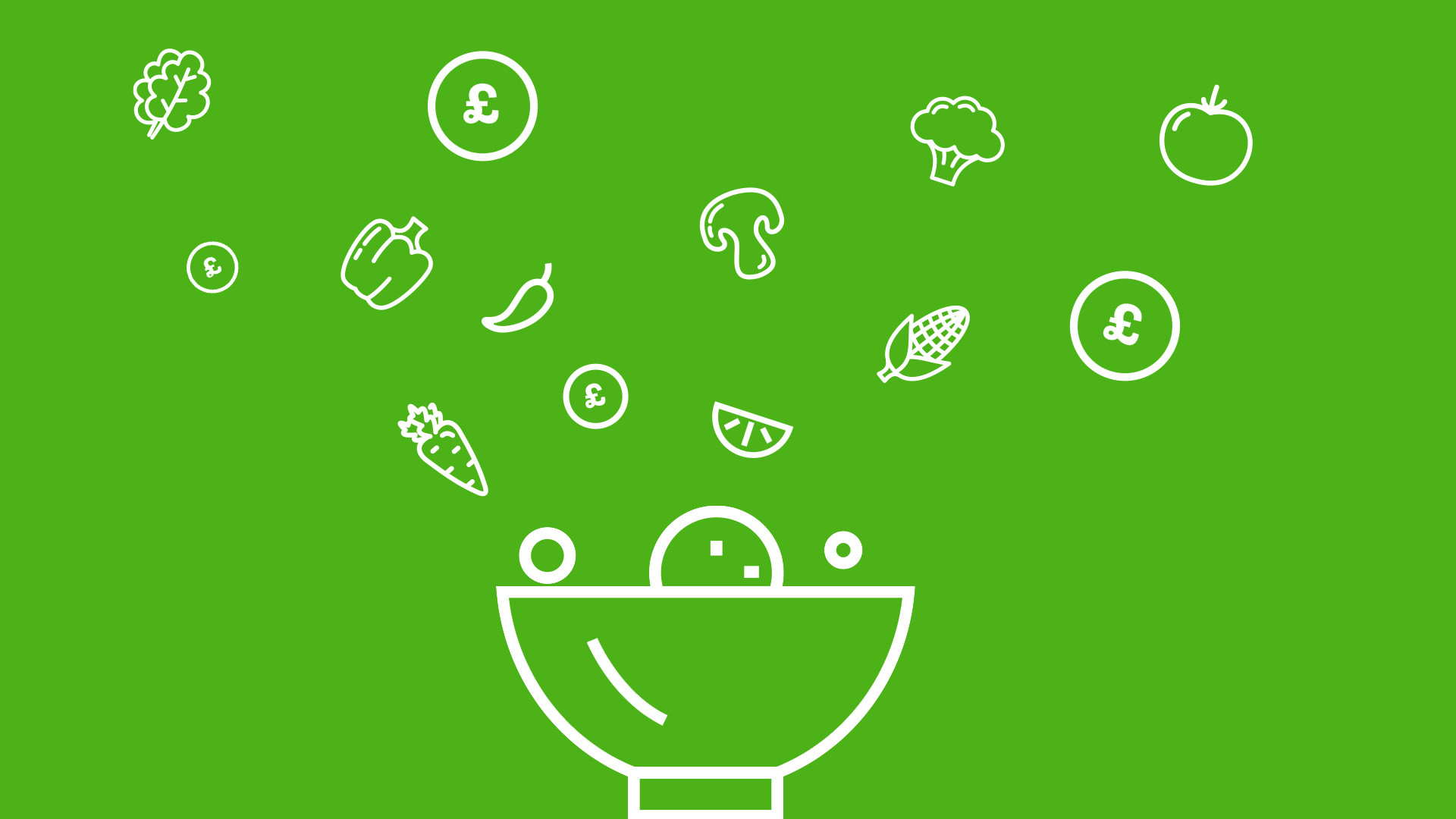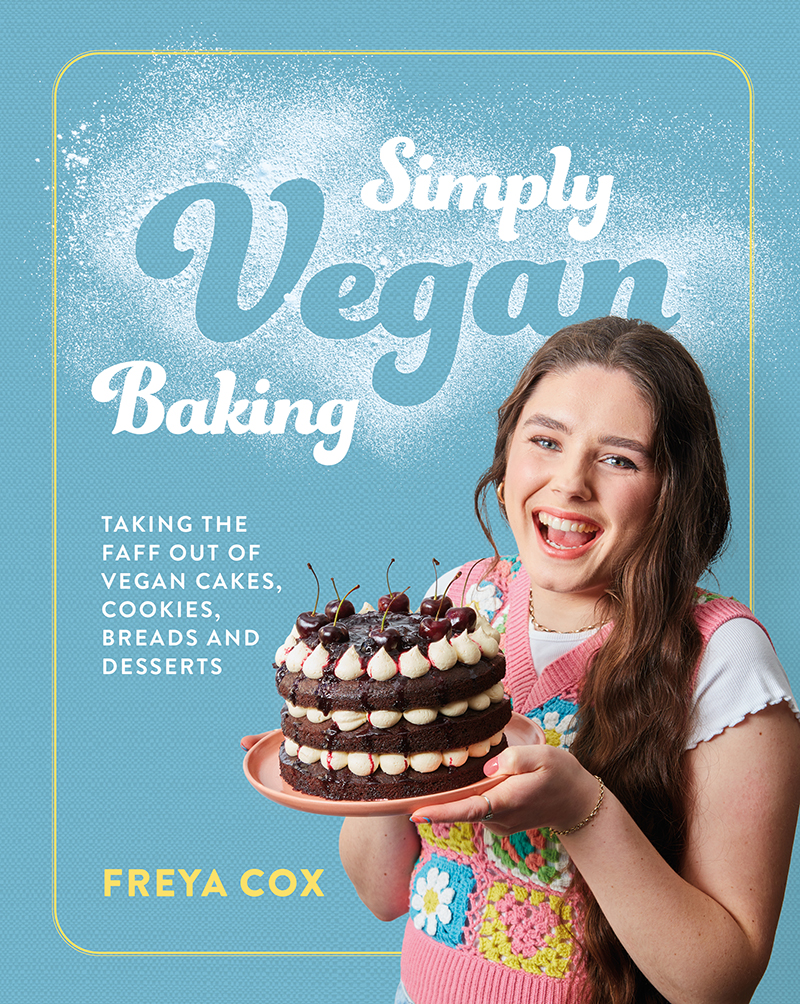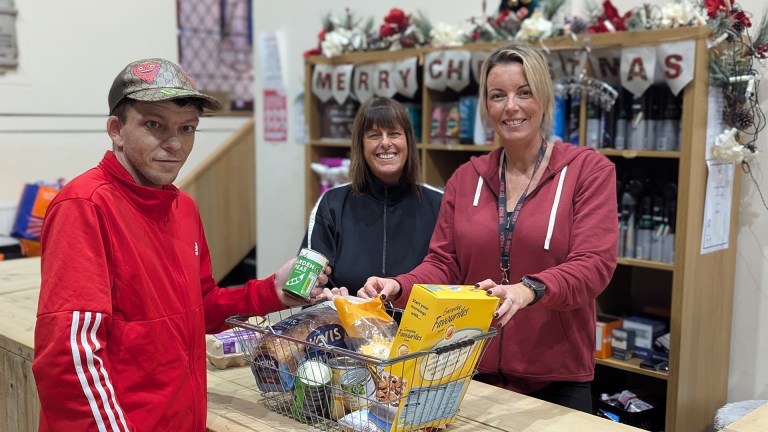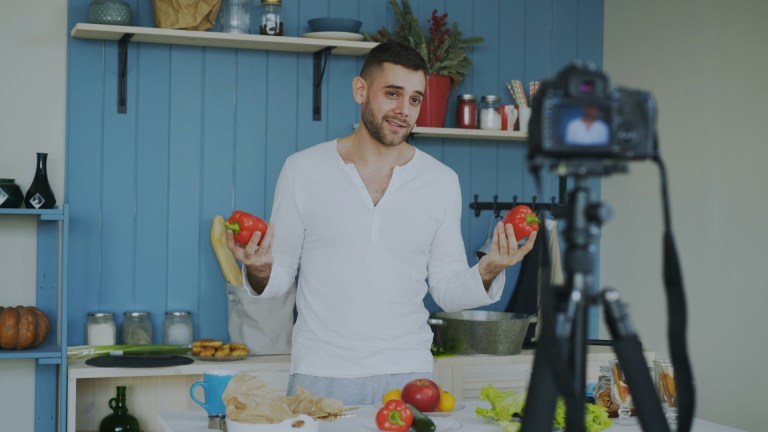“No, absolutely not,” Cox says. “I always tell people I am a budget queen. It’s all about educating yourself about whole foods like beans, chickpeas and lentils, which are easy to find and cheap.
“It’s true some meat replacements, like plant-based bacon, may be more expensive. But when you compare it to meat, especially high-quality meat, you realise that is also incredibly expensive.”
According to a recent study conducted by the Physicians Committee for Responsible Medicine, weekly grocery costs decrease by 16% on a vegan diet. Whole foods tend to provide better value for money and better nutrition compared to meat-based alternatives or vegetarian processed options.
Myth busting: what if it doesn’t taste as good?
This is no concern for vegan foodies, according to Cox. “That’s a big misconception about vegan diets. I can assure you, in my experience you are not missing out on flavour.”
A lot of the meals you already eat and plan in your every day, as she points out, have the benefit of being “accidentally vegan” – from your pasta favourites to a multitude of sweet bakes.
Advertising helps fund Big Issue’s mission to end poverty
And there is nothing wrong in having a primarily plant-based diet with exceptions, whether it is cheese you can’t do without and want to indulge in every now and then, or a Nando’s takeaway.
“People feel like it’s an all-or-nothing situation, but it doesn’t have to be that. You don’t even have to label yourself as vegan – you can choose to have a mainly plant-based diet and adapt it to what works for you.”
So is the cost of living crisis a barrier or an incentive to go vegan in 2024?
Among the items with price points worst affected by inflation are yoghurt (12%), fish (10%), cheese (9%), meat (10%) and eggs – by as much as a staggering 50%.
“It is such a smart move for people to decide to go vegan now”, Cox says. “You’re winning on all aspects: you’re saving money, eating healthier, and saving the planet.”
Starting with whole foods and fresh items can help you budget effectively both through meal planning and by making zero-waste solutions easier in everyday shopping and cooking.
Advertising helps fund Big Issue’s mission to end poverty
Veganuary is only one way people are embracing better sustainability practices. A survey on ethical consumer behaviour led by Thinks Insight Strategy found that while 81% of respondents are concerned about the cost of living crisis, nearly 90% took steps towards a more conscious and sustainable lifestyle in 2023.
According to lead researcher Jon Edwards, cost and price are the “biggest perceived barrier” for people who want to embrace a more sustainable lifestyle, be it about switching to a plant-based diet or buying second-hand clothes.
Interestingly, topping the list of 2024 New Year’s resolutions is buying food without plastic packaging, with 37% of respondents giving this as their top sustainability priority, followed by 23% aiming to buy locally sourced or grown food.
Whether for Veganuary or as part of an ongoing sustainable revolution, ethical consumption seems to be at the forefront of UK minds heading into 2024.
Simply Vegan Baking by Freya Cox is out now (Murdoch, £18.99). You can buy it from The Big Issue shop on Bookshop.org, which helps to support The Big Issue and independent bookshops.
This article is taken from The Big Issue magazine, which exists to give homeless, long-term unemployed and marginalised people the opportunity to earn an income. To support our work buy a copy!
Advertising helps fund Big Issue’s mission to end poverty
If you cannot reach your local vendor, you can still click HERE to subscribe to The Big Issue or give a gift subscription. You can also purchase one-off issues from The Big Issue Shop or The Big Issue app, available now from the App Store or Google Play










